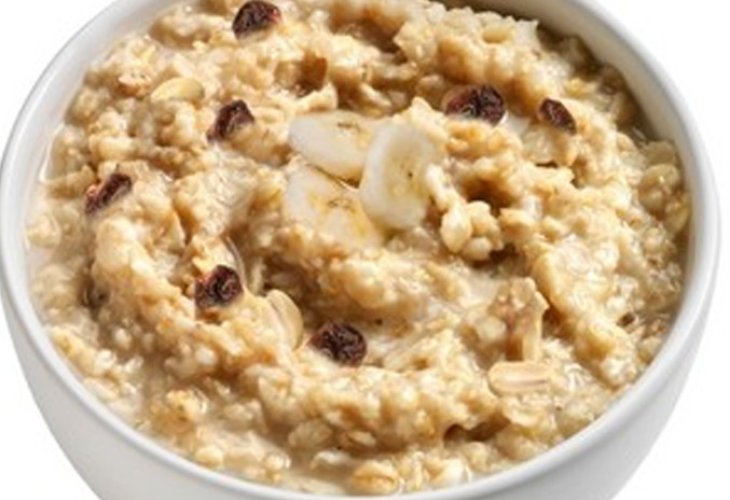U.S. Study: Whole Grains Promote Longevity
Consuming whole grains significantly reduces heart disease risk and extends life, according to a large study conducted on hundreds of thousands of adults in the U.S.
 Whole Grain Porridge (Photo: Public Relations)
Whole Grain Porridge (Photo: Public Relations)A large U.S. study proves: Daily consumption of whole grains in sufficient quantity significantly reduces the chances of developing heart disease and generally extends human life. Additional studies published regarding the consumption of whole grains show that eating them reduces the risk of type 2 diabetes, high blood pressure, and obesity.
During the study, researchers examined 110,000 Americans—healthy, smokers, those with various illnesses, or with high weight. The study's findings indicated that a person who consumes between 5-40 grams of whole grains daily has a reduced risk of developing heart disease. It should be noted that this is an amount not typically met by most Americans, who eat an average of just 2 grams daily.
In regards to consuming such grains, researchers recommend cracked wheat, whole wheat flakes, oats, and the addition of vegetables as a basis for most meals of the day. Researchers propose eating whole grains at every meal and using brown rice and chickpeas to diversify the diet.
Whole grains are grain kernels that contain the entire grain, which means all four components of the kernel: the germ, endosperm, inner bran, and outer bran, also known as "bran." This contrasts with processed grains, which usually only contain the endosperm.
Whole grain products are made from flour or grains of whole grains. The most common grain is wheat, but there are also common whole grain products from other grains like barley, rye, oats, rice, and more.
Whole grains are rich in dietary fibers, antioxidants, proteins (especially the amino acid lysine), minerals (including magnesium, manganese, phosphorus, and selenium), and vitamins (including niacin, vitamin B6, and vitamin E), and they contribute to human health.

